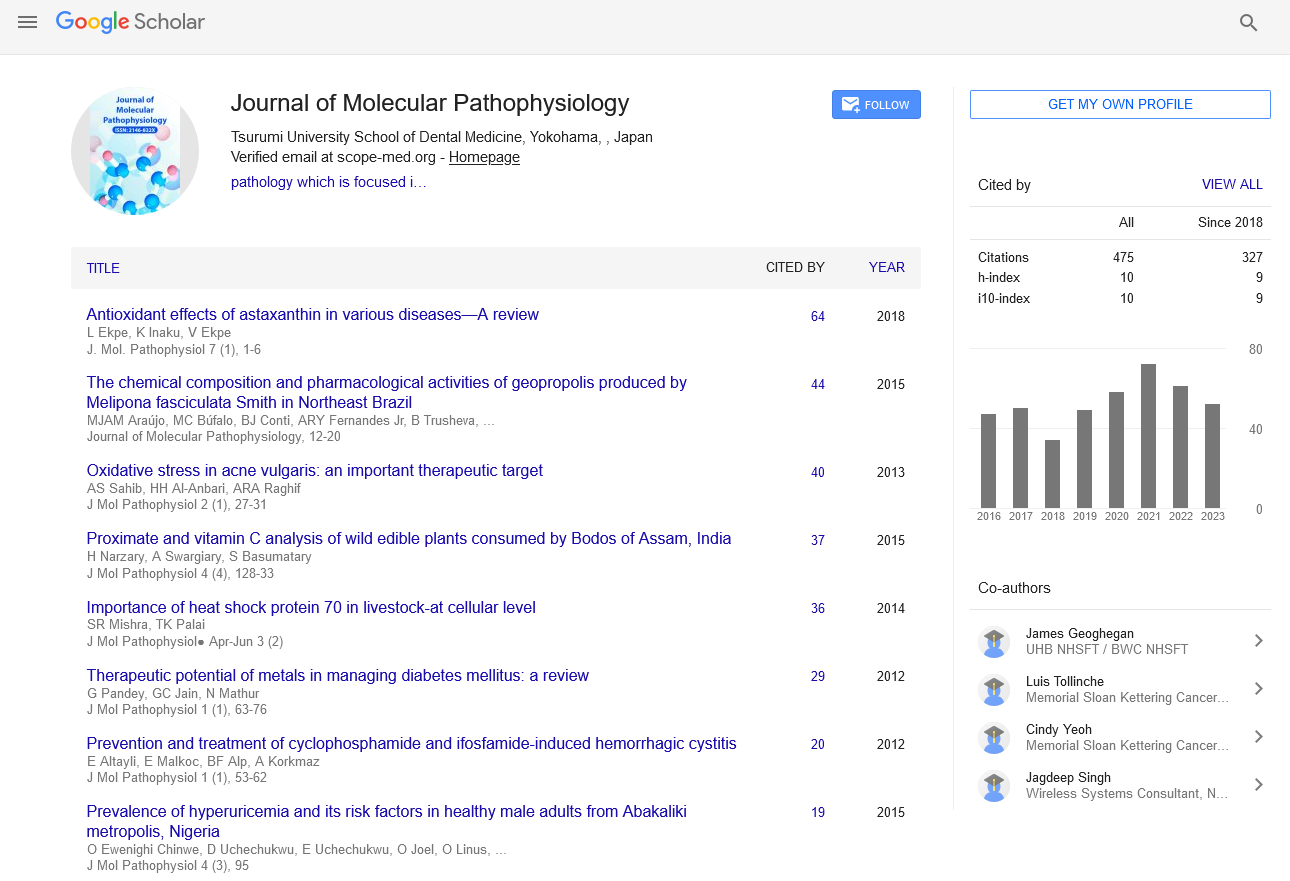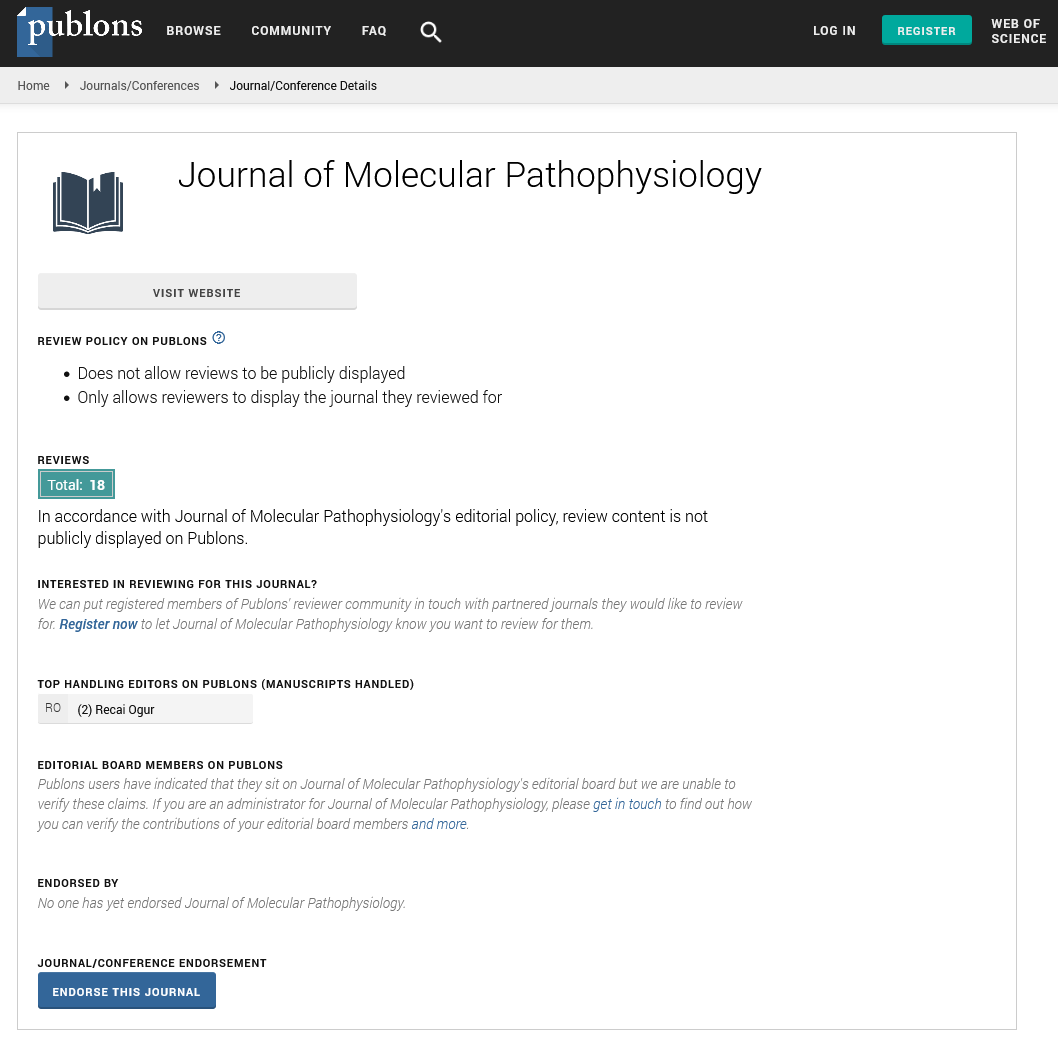Physical Activity and Cognitive Function among Older Adults with Congestive Heart Failure Patients
Abstract
Paul D. Loprinzi Elizabeth Crush
Objective: Research among the general population demonstrates that regular participation in physical activity is associated with enhanced cognitive function. Although less investigated among congestive heart failure patients, this is important to consider among congestive heart failure patients because this population exhibits less physical activity behavior, worse executive function, psychomotor speed and memory-related cognitive function. The purpose of this brief report was to examine the association between physical activity and cognitive function among congestive heart failure patients. Methods: Data from the 1999-2002 population-based National Health and Nutrition Examination Survey was used. Moderate-to-vigorous physical activity (MVPA) and congestive heart failure status were subjectively assessed, with cognitive function assessed via the Digit Symbol Substitution Test (DSST). Results: 133 participants (Agerange = 60-85; Agemean = 72.8; 51.3% male; 83.7% white) had congestive heart failure and complete data on the study variables. In a weighted multivariable linear regression accounting for the complex survey design employed in NHANES, congestive heart failure patients who engaged in any level of MVPA in the past month had a significantly higher DSST score (βadjusted = 5.40; 95% CI: 0.58-10.22; P=0.03). Conclusion: Physical activity was positively associated with cognitive function among congestive heart failure patients, which provides suggestive evidence that physical activity may help to preserve cognitive function among older adults with evidence of congestive heart failure.
PDF






